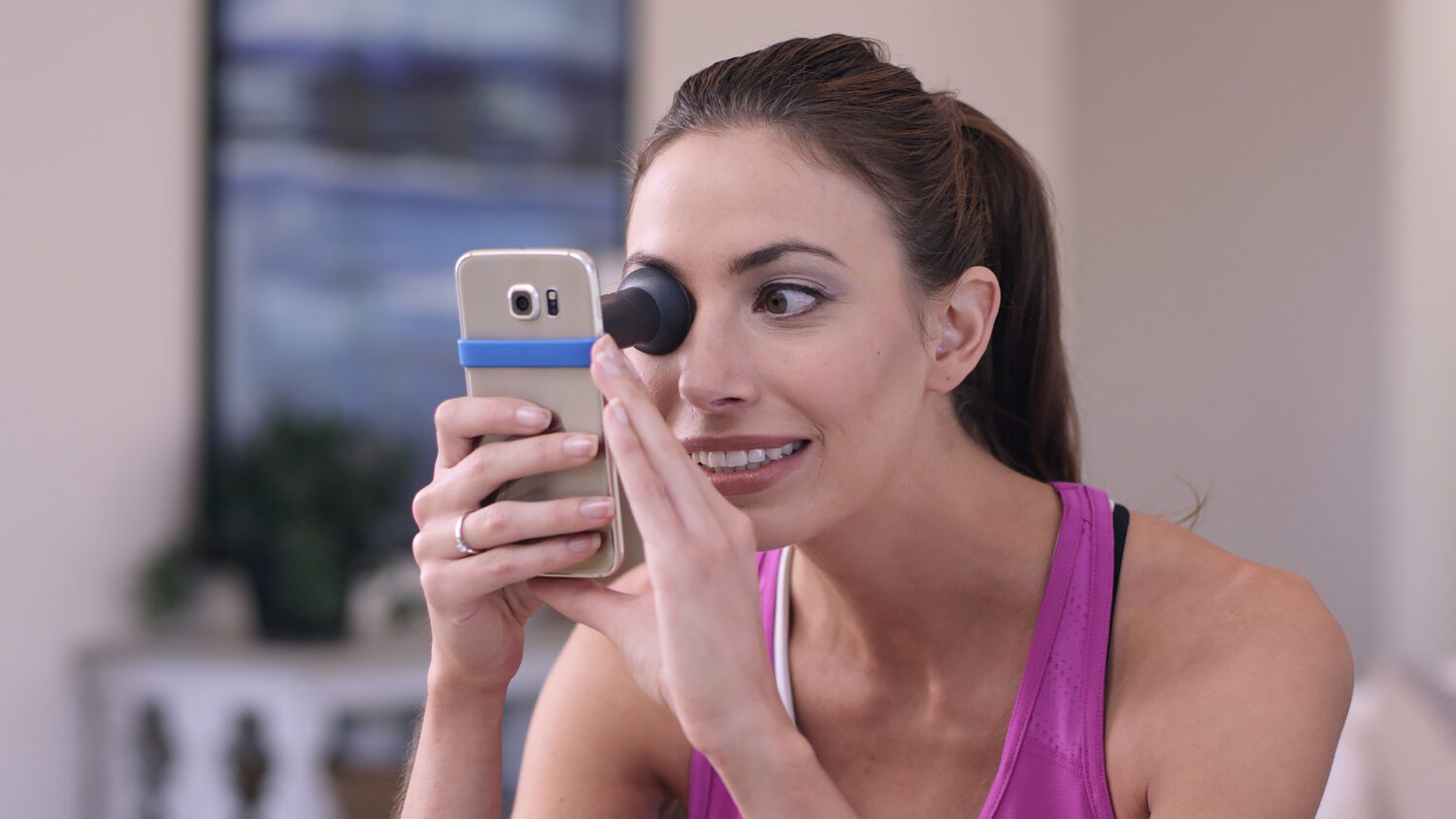It’s important to make sure that you’re taking care of your eyesight by getting regular vision tests. Many people don’t realize just how often they should be getting their eyes checked. In this blog post, we will discuss how often you should be getting a vision test and why it’s so important!
Nearly half of all adults in the United States do not have their eyesight tested at least once every two years. If you have certain visual risk factors, you should probably have your eyes checked more frequently than you think. How often should you have your vision checked?
How often should you get your vision checked?
The frequency of your vision check-ups will depend on a few different factors. If you have no history of vision problems, you should get your vision checked every two years from the age of 20. However, if you have a family history of vision problems or if you are at risk for other eye diseases, you may need to get your vision checked more frequently. Your doctor will be able to tell you how often you should be getting your eyes checked based on your individual needs.
Vision Test Timeline for Babies and Toddlers
It is recommended by American Academy of Ophthalmology that you take your infant for a vision test as soon as possible after birth, and then again between the ages of six and twelve months.
Your child should be tested again when he or she reaches the age of three. You should take your child to an ophthalmologist if you suspect that she has a problem with her vision, such as a refractive error or another type of focus difficulty.
Vision Testing for School-Age Children
For the first time, your child should get a full eye exam to screen for visual acuity and alignment before starting school. Regular eye checkups and vision tests every 1-2 years are recommended if there are no problems.
Vision Testing For Adults
Adults should follow the following guidelines from Mayo Clinic:
- Get your eyes tested every five to ten years between the ages of 20 and 39.
- Adults over the age of 40 should have a full eye exam to establish a baseline for their eye health.
- Get checked every 2-4 years between the ages of 40 and 54.
- Between the ages of 55 and 64, you should have your blood pressure monitored every one to three years.
- Get an eye exam and vision test every 1-2 years after the age of 65. As you become older, your risk of developing eye illnesses including cataracts, macular degeneration, and glaucoma rises.
Special Circumstances
A vision exam may be needed sooner or more frequently than the recommended intervals.
- Learner’s impairment or developmental delay; behavioral problems; and serious medical conditions are some of the conditions that are diagnosed in children
- With diabetes, high blood pressure, or a significant medical condition, adults need to monitor their blood sugar levels
- Anyone whose eyesight has been compromised by a history of congenital eye illness.
- These are the people who require eyeglasses or contacts.
Why is it important to get regular vision tests?
There are a few reasons why it’s important to get regular vision tests. First of all, your eyesight can change over time and it’s important to catch any changes as soon as possible. Additionally, many eye diseases do not have any symptoms in the early stages. This means that by the time you notice something is wrong, the disease may have already caused significant damage. Therefore, it’s important to get your eyes checked regularly so that any problems can be caught early and treated accordingly.
Conclusion
If you’re not sure how often you should be getting a vision test, talk to your doctor or an optometrist. They will be able to give you the best advice based on your individual needs. Eyeque VisionCheck could help you in such case.
Don’t wait until it’s too late to get your vision checked! Make sure that you’re taking care of your eyesight by getting regular vision tests. Your eyes are one of the most important things, so make sure that you’re doing everything you can to take care of them!

